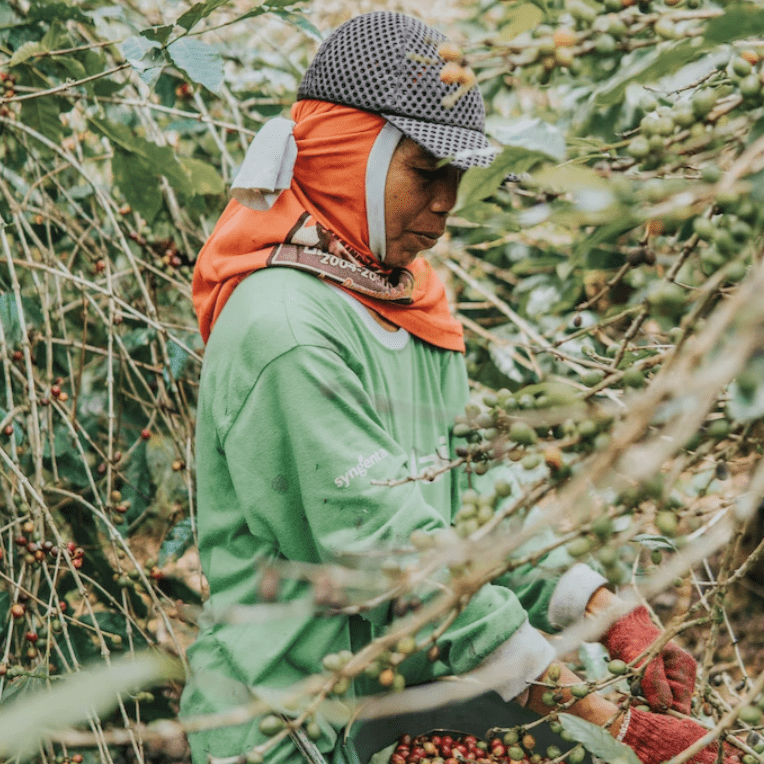By Maryclaire Manard
What is Fair Trade and why is it important?
Do you know what “Fair Trade” means, and its importance? When a brand promotes their product as being “Fair Trade” it means they sourced the materials to make that product from emerging markets (this could be developing nations in places like South America, Africa, etc.), and it guarantees that their trade relationship with their suppliers in those regions abides by certain working conditions and abides by paying good and fair prices for the products (thus the term “fair trade).
Why is it needed? In order to not overly exploit cheap labor in developing countries, fair trade ensures paying at a pricepoint that is considered sustainable, allowing for laborers, farmers, and workers in those regions to flourish. Otherwise, people in those regions, in order to keep meeting unsustainable price and trade agreements, are more likely to turn to unethical practices like forced labor or child labor.
The U.S. imports far more goods than it exports, so the chances of buying goods sourced or made in developing regions of the world are high. This is great for our wallets, buying goods sourced at a more competitive price point, but it also comes with the risks of buying goods made in a way that is harmful to the people who made it and that you may not feel great about. For example, did you know that coffee beans are among the least ethically produced goods in the world? If you want to ensure you are supporting fair and sustainable working conditions, greater equality in our global trading system, and avoid feeling icky about the way your consumables were made or sourced, then we have the answer: look for commitments to fair trade.
It’s important to note that Fair Trade commitments are typically used for commodity-based consumables (think coffee, chocolate, cotton, etc). There are multiple labels, organizations, and certification standards out there when it comes to fair trade commitments, but here are a few that are worth keeping an eye out for:
Certifications:




Other Fair Trade Commitments:
Fair Trade Proof Member Network
Essentially this is the type of organization that actually “keeps the receipts” of your fair trade commitments by uploading all sourcing documents from bean farmer and supplier to consumer brand.
This label only applies to consumer goods that are impacted by the mining industry (think gold, etc).
This is a brand co-op meant to create a deeper connection from farmer to consumer by making certain commitments to the Fair Trade movement.
Final thoughts:
It’s important to keep in mind that even with fair trade commitments in place, bad behavior can still permeate supply chains, it’s not a guarantee of perfection. It is however much more effective then nothing at all, and it’s just one step that brands and consumers here can take to show they’re committed to a better world for all.
——————-
Maryclaire is the CEO and Founder of Cluey. She started Cluey out of her frustration with the inconvenience and difficulty of aligning her consumer behavior with her personal values.


